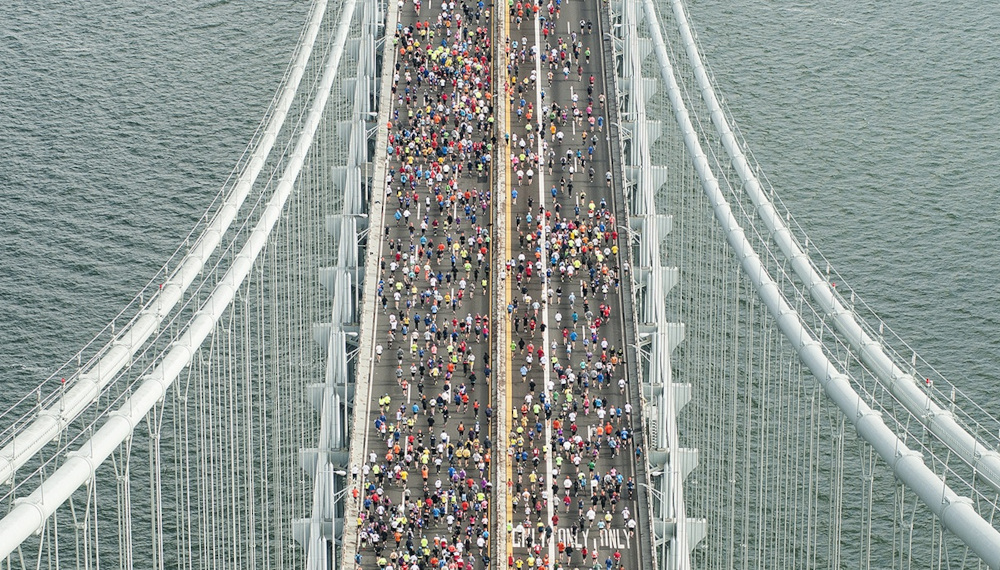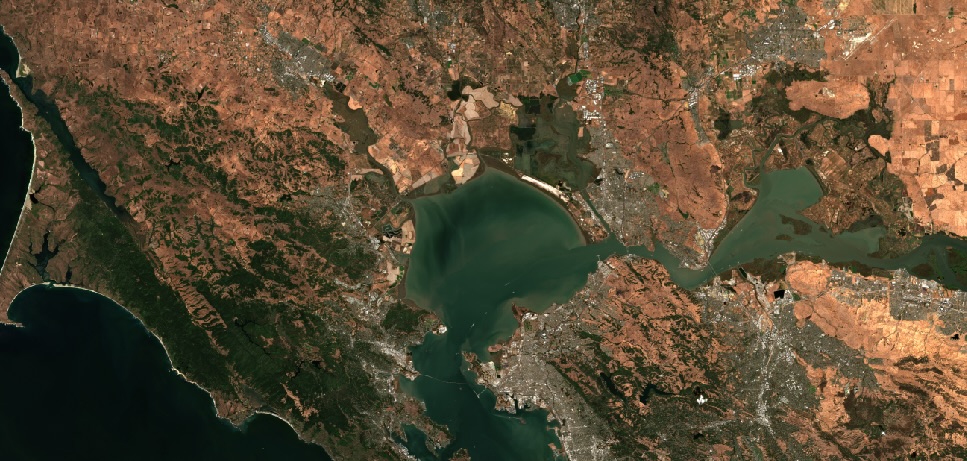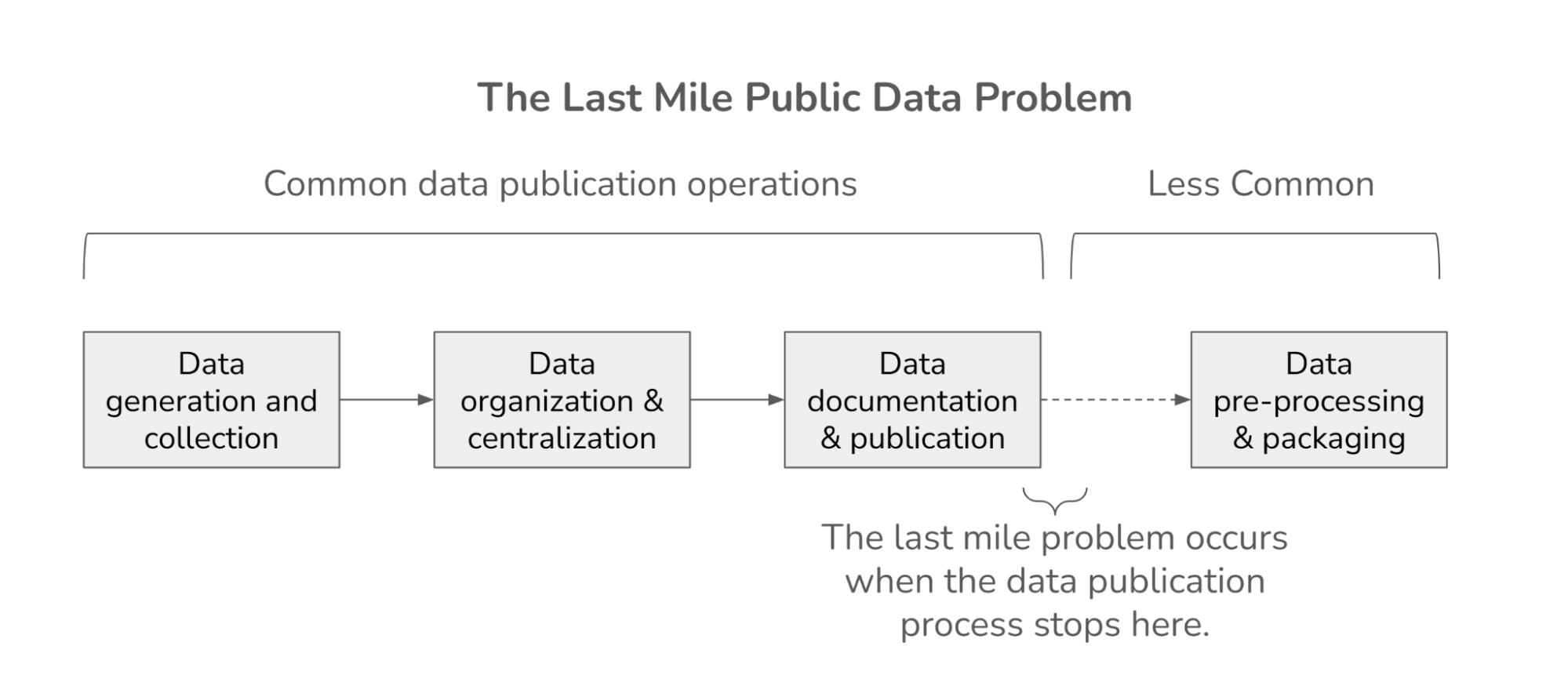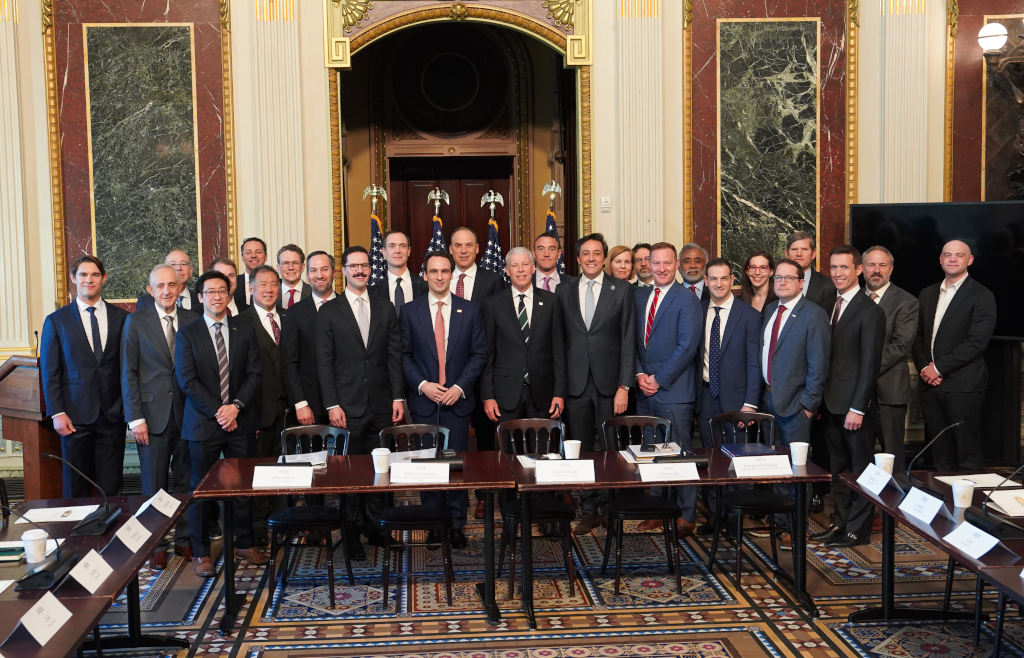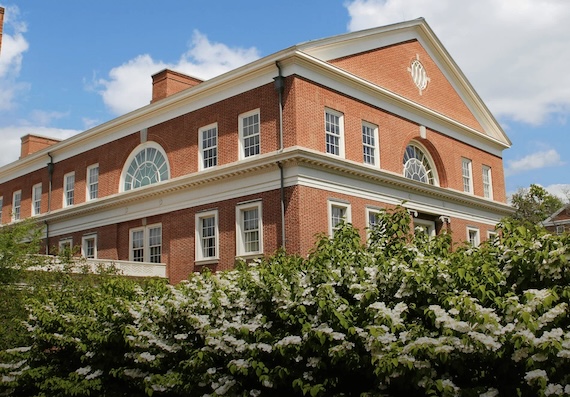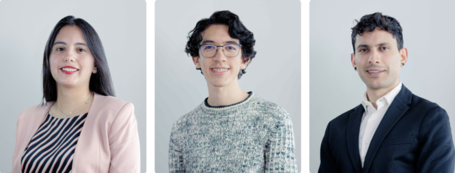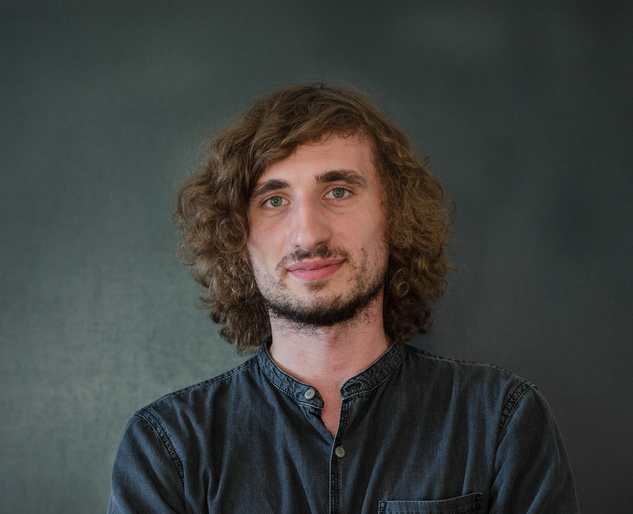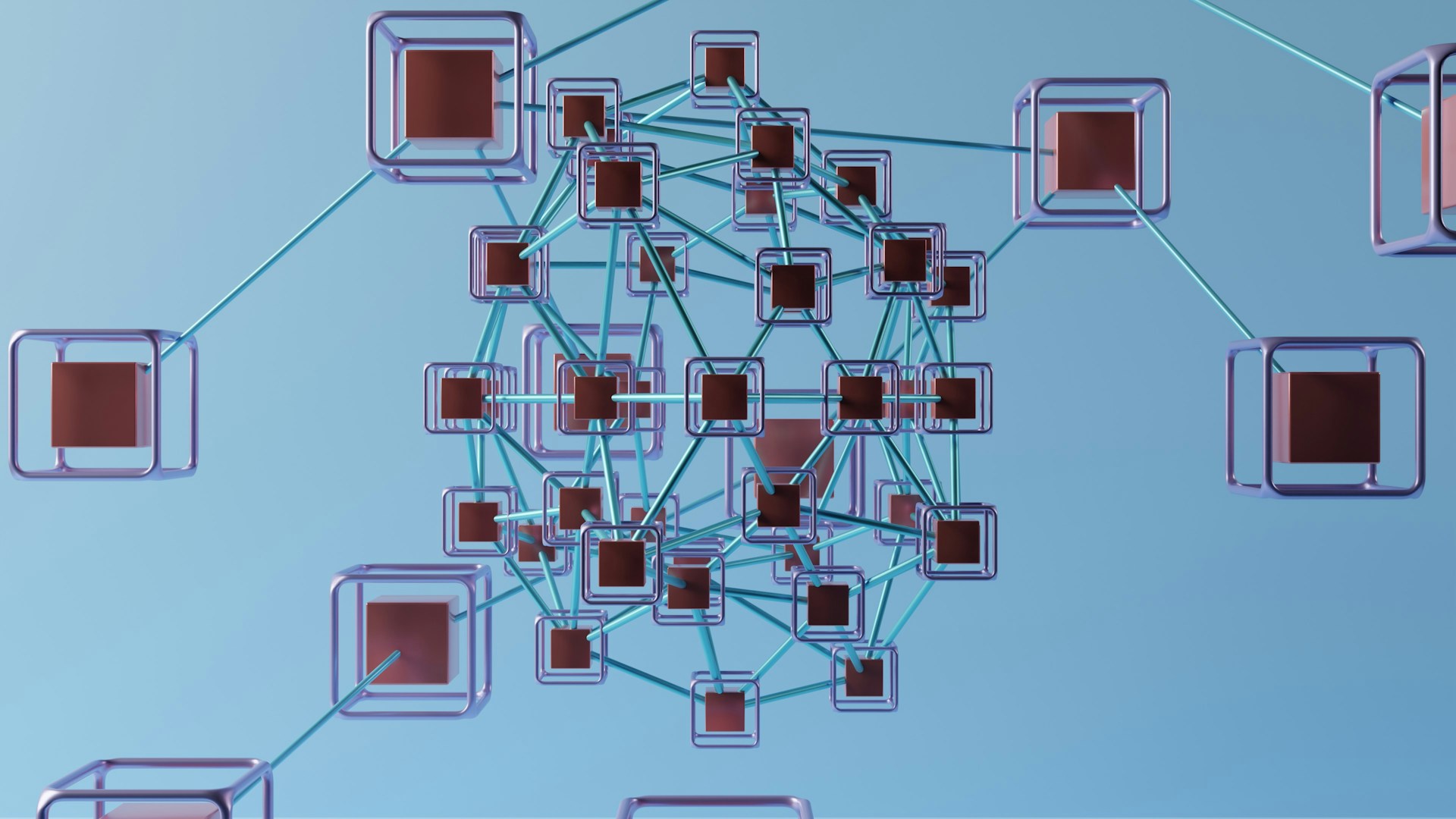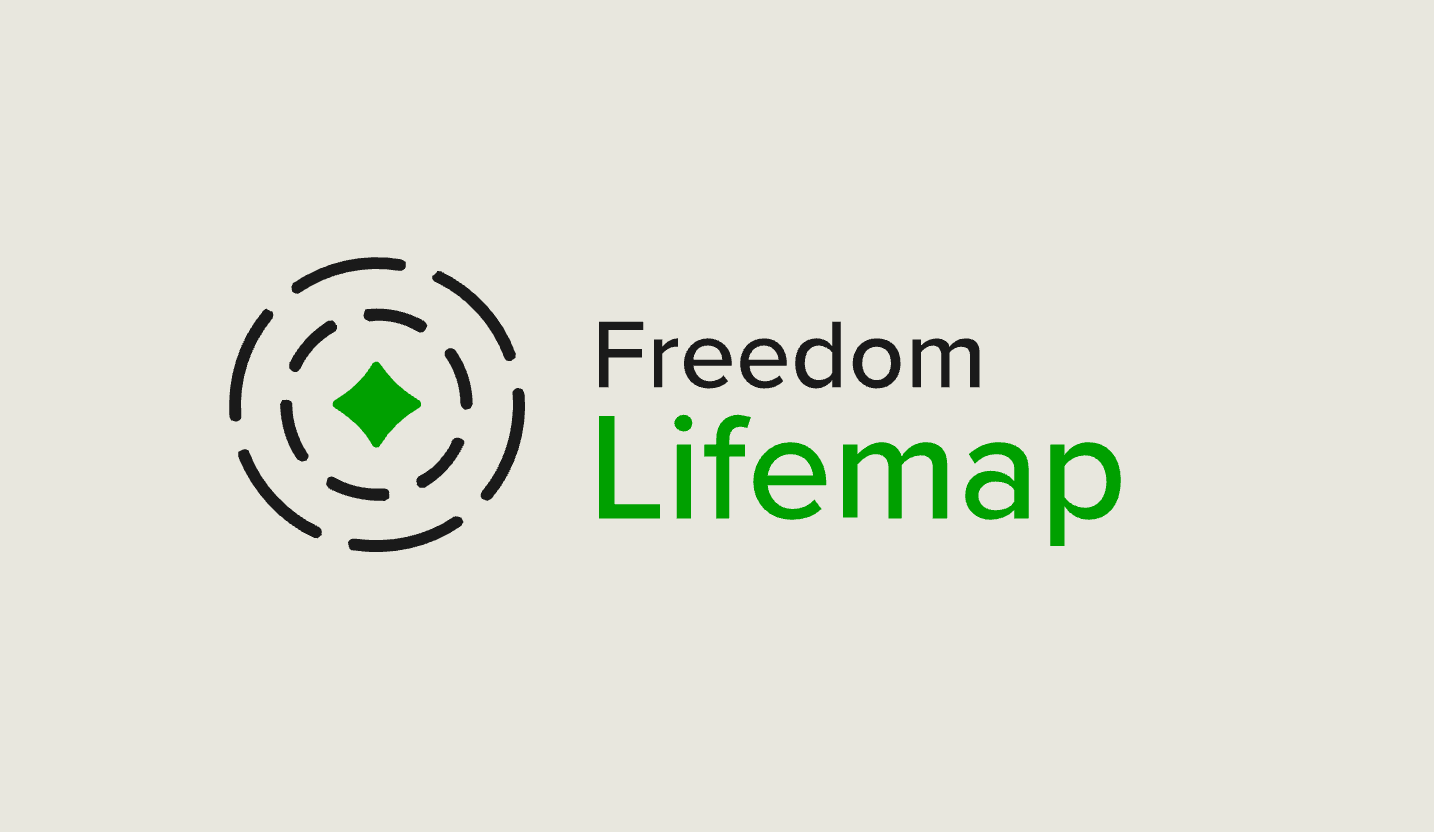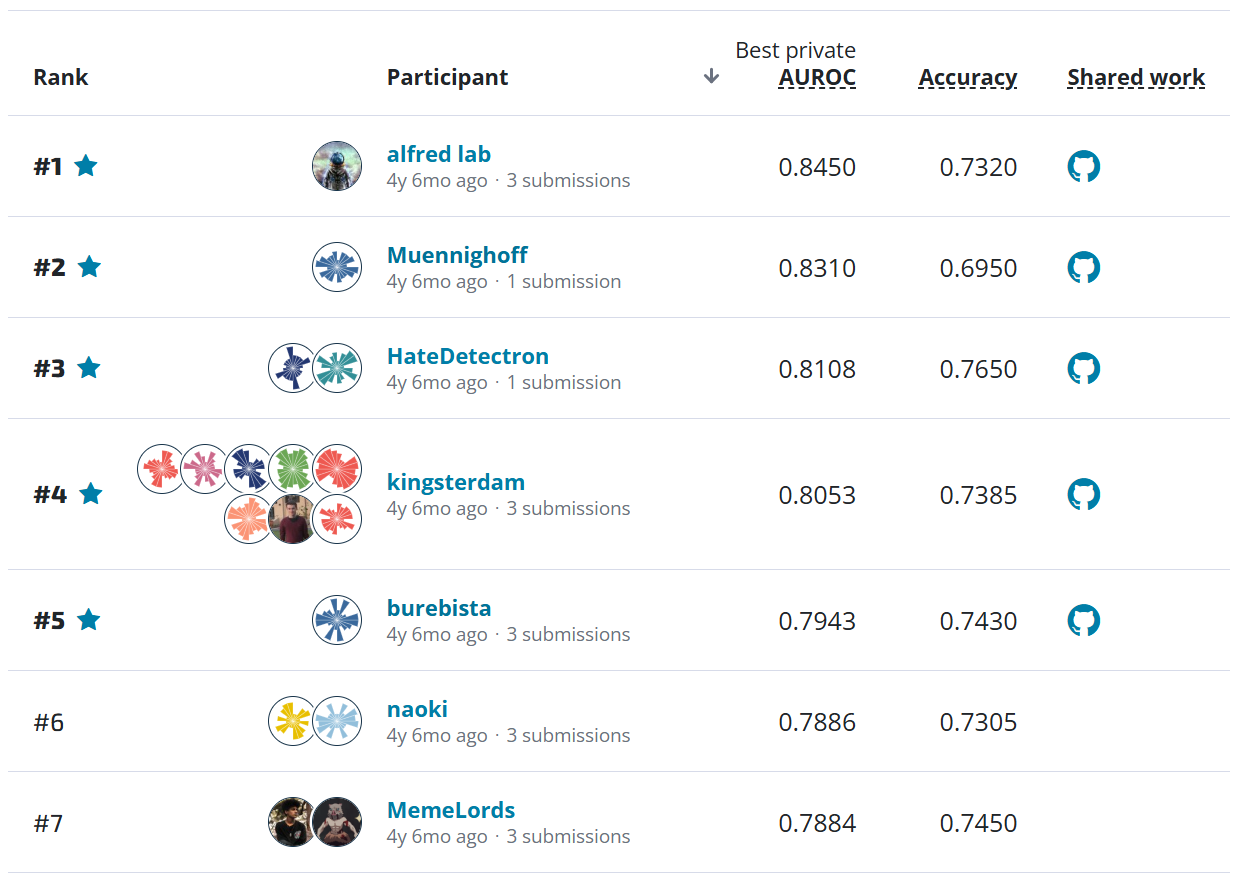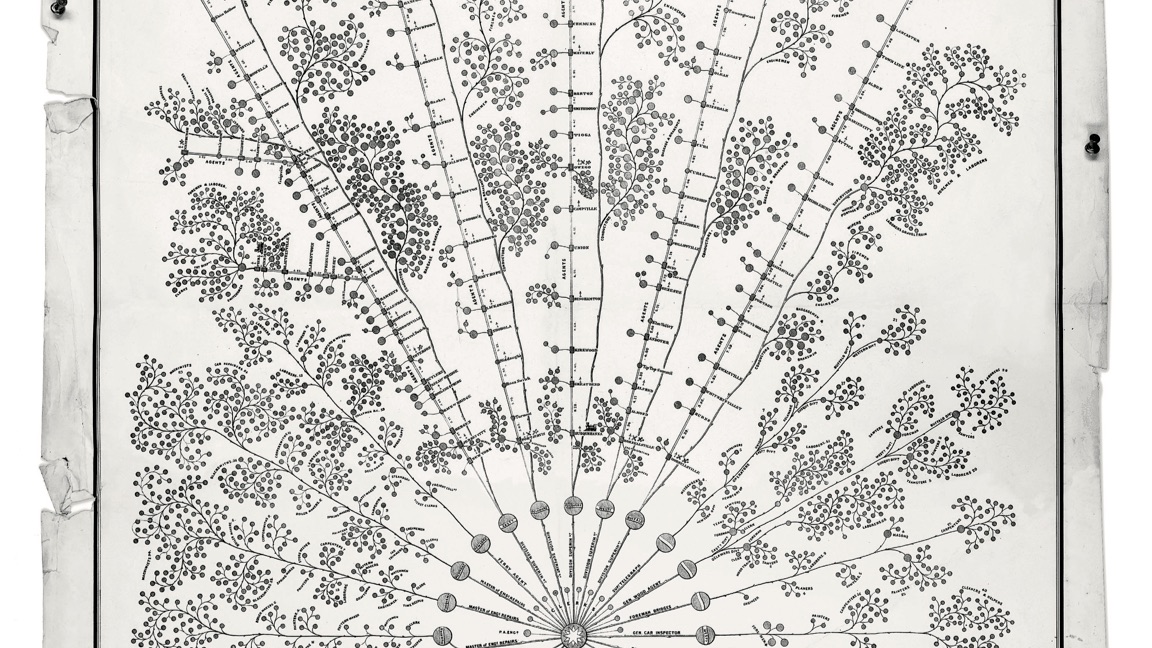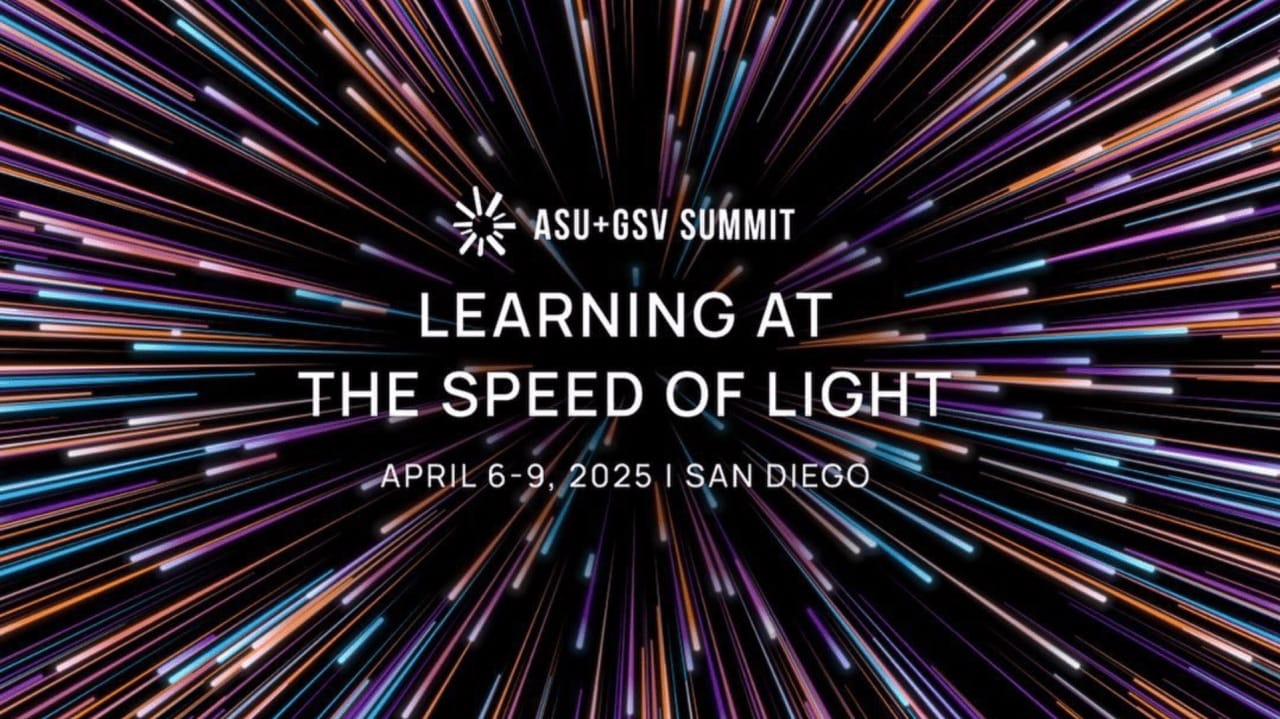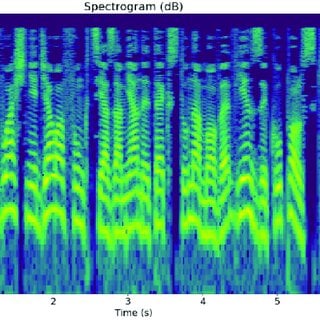
We are starting a new initiative at DrivenData to feature some of the fantastic members in our data science community. The goal of the Community Spotlight is to bring greater visibility to the diversity of expertise, perspectives, and experiences of our community members.
In this post we sit down with Cecil Rivers, a winner of the sustainable fisheries video challenge and electrical engineer in West Hartford, USA.
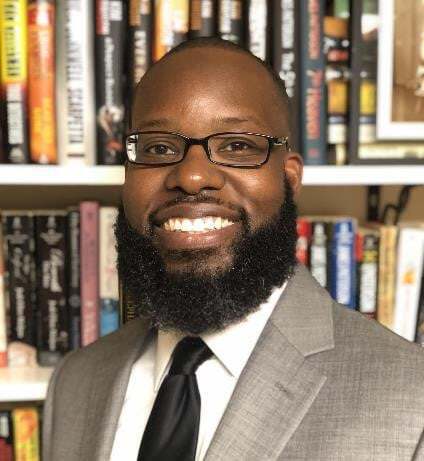
Name: Cecil Rivers, Jr.¶
Hometown: West Hartford, USA¶
To get started, tell us a little about yourself.
I have had the opportunity to call a few places home along the East Coast after graduating with a Bachelor of Science in electrical engineering. I grew up in Virginia Beach and left Virginia after graduating from Old Dominion University. I moved to Atlanta to attend Georgia Institute of Technology for my masters.
I ultimately landed a position at an electrical protection and distribution company in Connecticut where I have been for the last 20 years. I am a research and development program manager for residential and light commercial circuit breakers that contain electronic intelligence that provide very specific protection functions that cannot be provided mechanically.
Outside of work I enjoy spending time with my wife and two sons, entering data science competitions and doing international vacation travel (14 countries and counting). We do a lot of outdoorsy kind of fun stuff like hiking, exploring waterfalls and recently I bought an inflatable boat and we go out on the Farmington River a lot.
How did you get started in data science?
I always had an interest in data science, machine learning and artificial intelligence. When I was a kid, AI was the source of all the science fiction that I grew up on. My science background is in electrical engineering with an emphasis on control systems and hardware design, but several years ago, my former company was looking to grow data science practitioners, so I volunteered. To become a practitioner, I had to take several online courses offered by John Hopkins and Stanford.
By the time I completed the online courses, my former company was purchased, so I didn’t get a chance to put the practitioner designation to use, but I started to grow a toolset that allowed me to understand the fields of data science.
Data science is a broad field. What areas are you particularly interested in?
There are two areas of data science I am particularly interested in: computer vision and ethics in artificial intelligence.
The application of computer vision impacts all of our lives from self-driving to product inspection. Computer vision capabilities for devices many years ago were limited or too expensive. Now we have modern machine learning techniques like CNNs and high performance and low cost electronics bringing computer vision to doorbells and smartphones.
On an adjacent topic to computer vision, I’m also interested in the ethics of artificial intelligence. AI is impacted by cultural and racial bias just like other parts of our society. As more and more of our society has systems powered by AI infrastructure like banking, mortgage lending and criminal justice, the question that needs to be addressed is how those systems ensure that they give a fair product to every person who accesses that system. I am always interested in how companies focusing on areas like AI, which has a low number of engineers and scientist of color and women participating in the field, ensure bias and discrimination are not part of the final product when there is a lack of representation. How do we test algorithms to ensure cultural, ethnic, sexual orientations and race biases are not programmed into the AI?
AI is impacted by cultural and racial bias just like other parts of our society. As more and more of our society has systems powered by AI infrastructure like banking, mortgage lending and criminal justice, the question that needs to be addressed is how those systems ensure that they give a fair product to every person who accesses that system.
What motivated you to join a DrivenData competition?
DrivenData’s charter of using data science to assist and solve some of the biggest social challenges is what drew me into their competitions. I first started out with the "Predict Blood Donations" and then moved on from there. In some competitions I had solutions that performed fairly well and in others I had no clue about how to approach the problem, but the fact that what the participants provided could potentially make our world a better place was the driving factor.
Even though some of the competitions have a cash prize, I’m not motivated by this. There are participants that live and breathe data science as a career. I can’t compete against that. What I can do is learn new algorithms, apply them on a real problem and add new tools to my skillsets.
Is there a particular DrivenData challenge you’ve enjoyed working on?
My favorite challenges were the "N+1 fish, N+2 fish", "Hakuna Ma-data" and "Naïve Bees Classifier". They all were image related challenges. The "N+1 fish, N+2 fish" challenge allowed me to correct my failures on a previous fish related challenge I did for Kaggle. "Hakuna Ma-data" was exciting because my family and I went on safari in Tanzania several years ago, so I have firsthand knowledge on how important it is to protect and track these precious animals and knowing that technology can be used to improve this effort was fascinating.
What was the most important technical tip or trick you used to solve the problem?
When it comes to image processing and CNNs, the best NVIDIA GPU you can afford is the way to go if you plan to build your models locally.
Shout outs: Any good tools, posts, or projects from other developers that you appreciate or think the community might enjoy?
I first want to give a shout out to my wife, Vonetta and our two sons. They allow me to pursue this safe hobby versus hurting myself with saws, hammers, drills and glue. 😊 I can get in the weeds of a challenge, but they see how much I love it and that the challenges I do are helping to make a difference, so they support my hobby 100%.
I enjoy the following links and podcast related to data science:
- Linear Digressions: http://lineardigressions.com/
- Sam Charrington provides an excellent podcast and website on machine learning where he interviews a diverse group of developers: https://twimlai.com/
I recently discovered KNIME which is a free tool that allows you to manipulate and perform data analysis on spreadsheets like .xls and .csv files using visual block functions. I found it useful when I want to quickly mock up a system without coding. It has a variety of data science models like neutral networks, SVM, decision trees, etc.
What hurdles have you had to overcome to become a data scientist? What advice would you give to others facing the same challenges?
I’m not a data scientist by trade, but I find the area of data science makes me a better engineer. I think the biggest challenge data scientist face is the question of expertise. If someone defines themselves as a data scientist expert, it is a bold statement because the field of study is huge. Instead of trying to be an expert in the large ocean of data science, try to find an area that excites you and then grow your expertise from there.
Data science as a field has been struggling with a well-documented lack of diversity. How have you seen diversity and representation, or the lack thereof, impact data science problems?
Lack of diversity in all sciences is truly a recruitment problem. First companies need to understand that having diverse candidates makes their company a stronger, higher performing company. There have been dozens of studies that show that this is the case.
Second, companies need to understand that diverse candidates exist. If a company only hires from schools that are predominately white, then the pool of candidates of color will be depleted very quickly. Companies need to seek candidates where there are larger talent pools instead of relying on the same universities and colleges. These talent pools include, but are not limited to, historically black colleges and universities (HBCUs), National Society of Black Engineers (NBSE), Society of Hispanic Engineers (SHPE) and Society of Women Engineers (SWE).
Companies should not rely on their employees of color to try to recruit talent. That is just being lazy. It is showing that the only way they can find people of color is to have their own employees do the work for them. Just like anything in life, if you or your company is interested in diversity, then you have to work to achieve it.
Have you read any good books or articles recently?
Octavia Butler’s “Parable of the Sower” and “Parable of the Talents” are amazing reads. They are not data science (actually they are sci-fi), but they are very relevant to the times we are in right now.
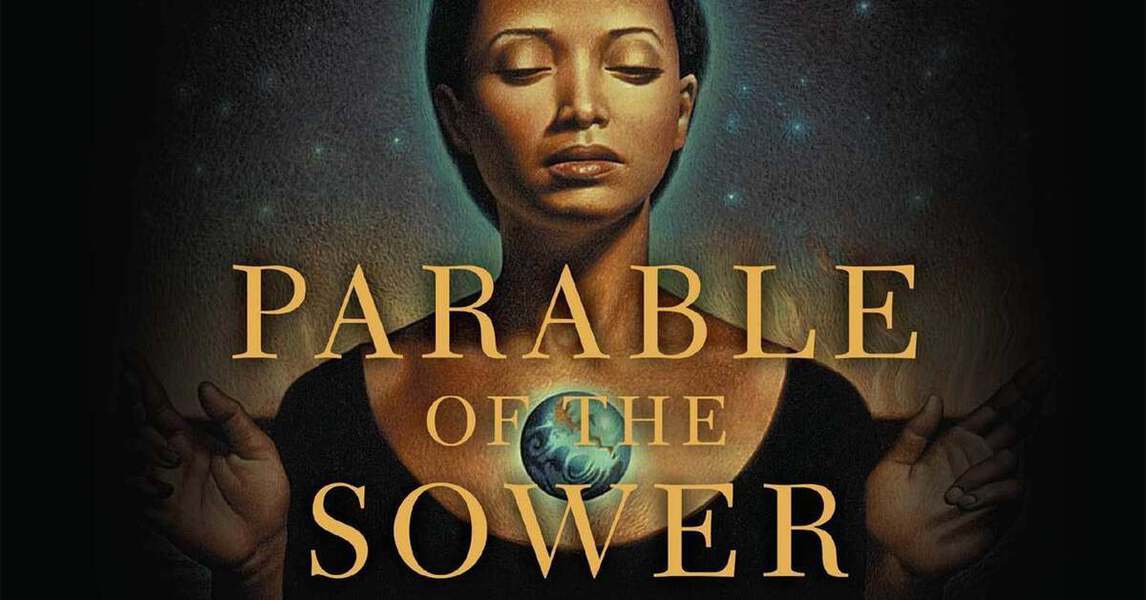
Novel by Octavia Butler, cover art by John Jude Palencar supplied by ISFDB
Where can the community find you online?
I can be found on LinkedIn at https://www.linkedin.com/in/cecil-rivers-1459a01/
Thanks to Cecil (@kingseso) for sharing his thoughts on work, life, and data science! We are excited to feature more great community members. If you think you or someone you know would be a great addition to a future Community Spotlight, let us know!
